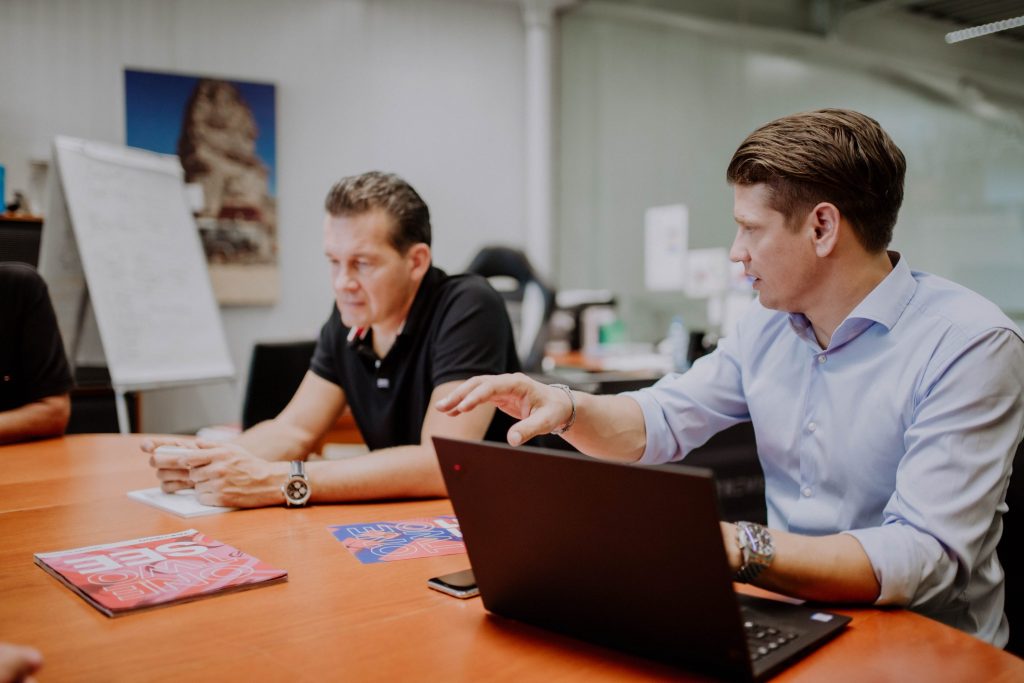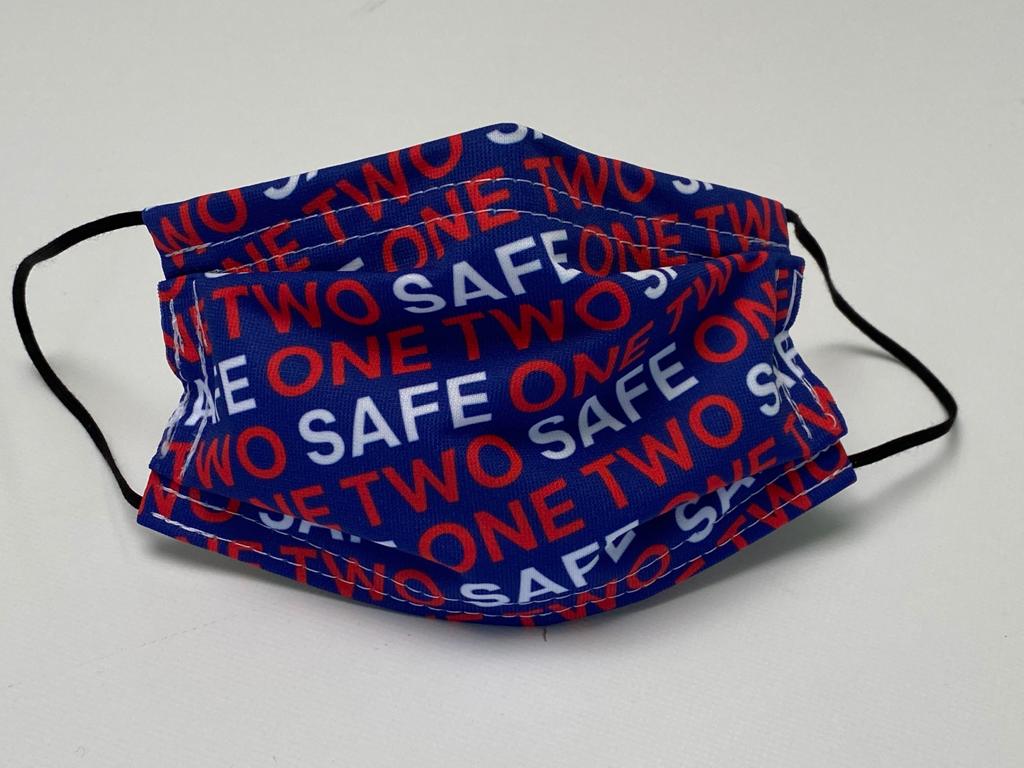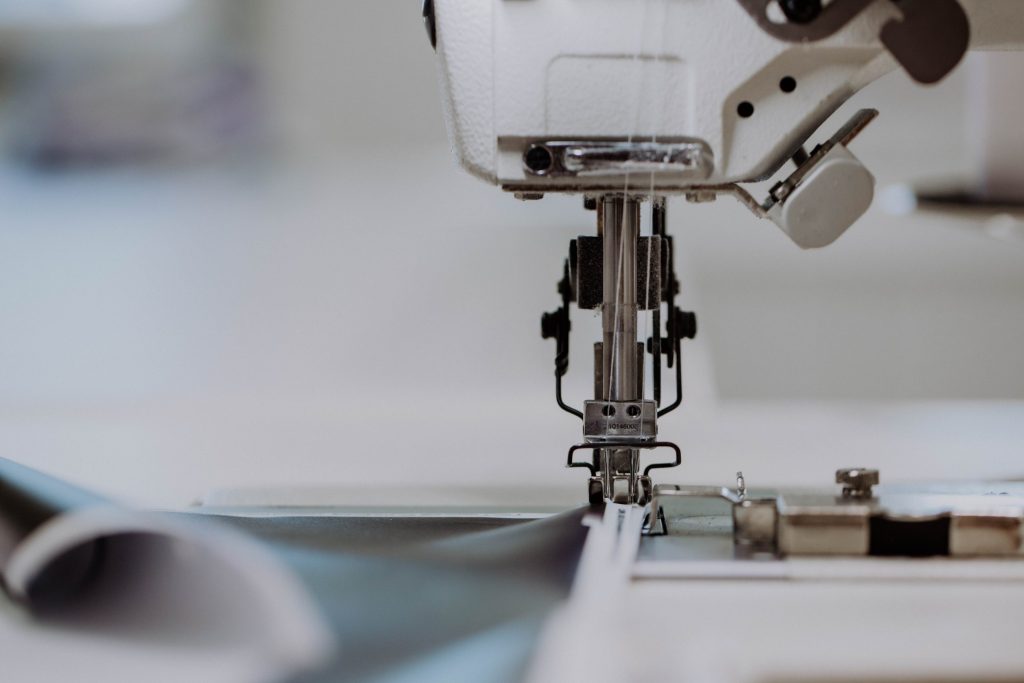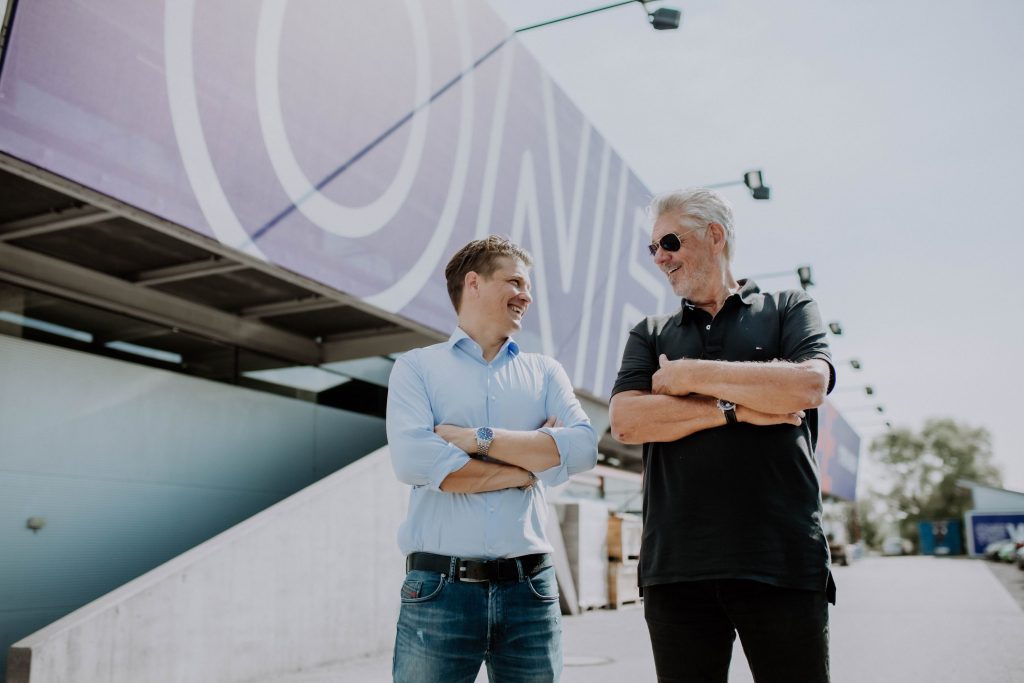How to Grow From a Crisis
We haven’t been spared from the crisis. Nobody has. But we haven’t let it get us down either. Jürgen Marzi, CEO of TREVISION, speaks about why it’s so important to stay active, to stay seen – and how to do it in times of a crisis.
A sudden lockdown that would massively affect all kinds of businesses around the world: when did you realise the scope of the crisis?
To be honest with you, it was only about a week before the lockdown when we fully realised what was going on. There was the situation in China, yes, but it still seemed nearly impossible to imagine that something like this could happen to us, here in Austria. I don’t think anybody really knew how serious this crisis was going to be, for all of us.

What were the biggest challenges you had to overcome as a company?
The suddenness of the crisis made it essential to act quickly – to react to the changed circumstances in a way that both reduced costs and kept the company going. It was clear to us from the beginning that we couldn’t just save expenses wherever possible. The entrepreneurial spirit had to be carried on, we still needed to be active to be seen and heard. Otherwise we wouldn’t be able to minimise the inevitable financial losses. And of course, this also needed to be communicated to the staff. It was important to radiate a certain sense of security, to show that you’ve got a plan. And I’m pleased to say that our crisis plan worked pretty well.
You’ve mentioned entrepreneurial spirit – something quite difficult to keep in mind while tackling with a massive economic slump. How did you manage to deal with this crisis in a more active way?
In an unpredictable situation like this, a situation that is new to everyone, it’s key to think flexibly – not to continue with business-as-usual but to look for alternative ways. All the new products that were suddenly made necessary through the crisis opened up a whole new trade margin. But for us it was important to find something that we couldn’t just trade in – we were looking for something that we could actually produce. And that’s how the idea for the production of masks emerged. This was still in the early stage of the crisis, when most enterprises were struggling to find a supply of masks. But we were already able to produce them, imprint them, personalize them, for example with our clients’ logos. In the first months, this helped us to save expenses and reduce financial losses to a considerable extent.

How did you communicate your new product to your clients?
Classically with a newsletter. We outlined the products graphically and sent all the necessary information to our clients, communicating what we could offer right at that moment. And I’m telling you – our newsletter had never worked this well. We’ve got a lot of clients in the retail sector who were genuinely appreciative of our offer, who were glad to have found an opportunity to bulk up on masks. After all, nobody had been prepared for what was happening. But we reacted quickly to create a product and bring it to market, and this definitely paid off in the form of good and quick returns.


But masks weren’t the only new product you came up with. What’s behind “print4fans”?
Our mask production turned out to be a great success, but we didn’t want to rest on our oars. We were keen to think further: are there any other products that we can produce to ease the effects of the crisis? Not only for us but also for other sectors? We’ve got quite a few sports enthusiasts in our team, so we were aware of the fact that sports clubs were also suffering from the ramifications of the crisis. This is how we came up with the idea for print4fans. It’s a new software that allows sports clubs to create personalized merchandise products. Some of these items are produced by us, for others we generate the necessary data. There are endless possibilities. You just have to think of them, to think situationally – and, of course, innovatively. That’s the mindset that’s brought us through this crisis. And that’s the mindset you’ll always need.